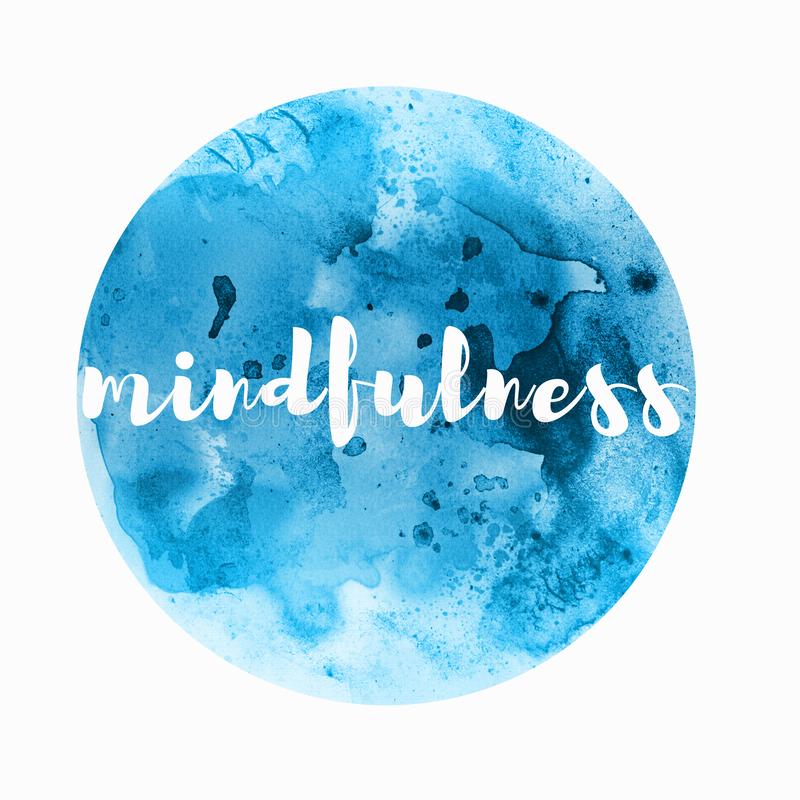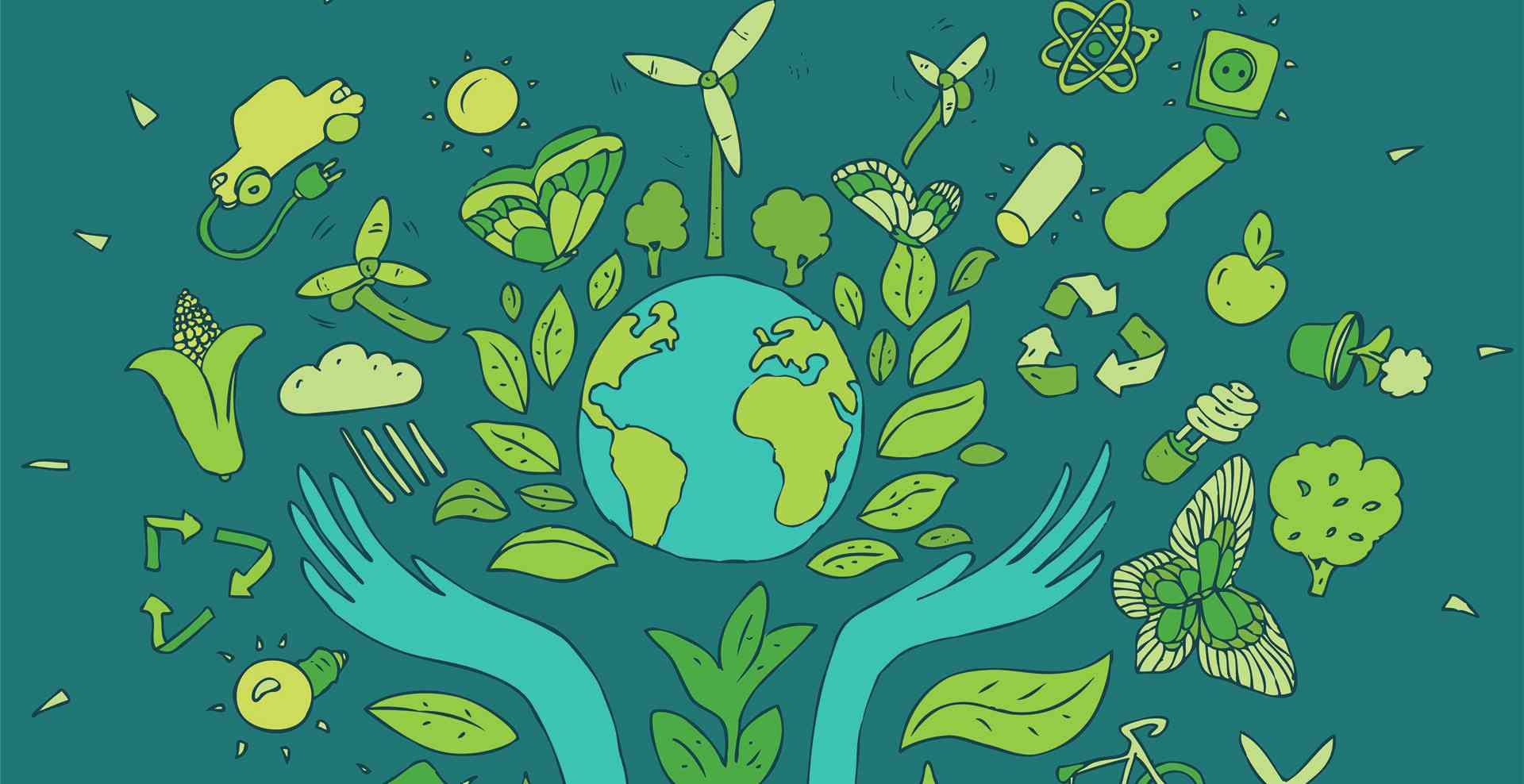
The fundamental message of the mindfulness movement is that the underlying cause of dissatisfaction and distress is in our heads. By failing to pay attention to what actually happens in each moment, we get lost in regrets about the past and fears for the future, which make us unhappy. Learning to focus turns down the volume on circular thought, our “entire society is suffering from attention deficit disorder – big time”.
By practising mindfulness, individual freedom is found within “pure awareness”, undistracted by external corrupting influences. All we need to do is close our eyes and watch our breath. The world is slowly changing, one mindful individual at a time.
Mindful You Mindful World
Training yourself in times of nonstress becomes increasingly important, because you build up those practices for accessing calm quickly. Even years of meditation or yoga practice, however, aren’t always enough to handle the challenges of the modern world. When anxiety takes you by surprise, these strategies will help you catch your breath and calm your mind.
1. Be Ridiculous: To calm yourself quickly, tell your autonomic nervous system that it’s OK to stand down. One cue that works surprisingly well is silliness. If you’re anxious before an important call, have a one-song dance party. Make faces in the mirror. Translate the day’s headlines into pig Latin.
2. Focus on a Game: The Scientific Solution to Building a More Resilient Brain and Life, is redirecting a racing mind by playing games, especially ones that require some concentration. Play Tetris on your phone or a round of 20 Questions with a friend.
3. Slow Your Breath: Rapid, shallow breathing is a common feature of anxiety, but that deliberately slowing the breath down — to six or seven breaths a minute — and inhaling twice the usual volume of air can lower sympathetic nervous system activity by as much as one-third.
4. Listen to Your Environment: One way to tune out the noise in your mind is to tune in to the sounds around you: the chirping birds outside your window, a humming air conditioner, a horn beeping down the street, the sound of a copy machine. “Allow your ears to simply receive whatever sounds arise,”.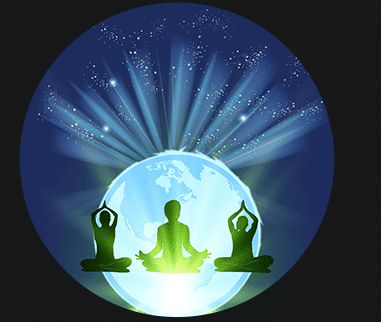
5. Take a Play Break: If you can step away from a tense moment long enough to throw a Frisbee or pet your dog, you’re on your way to calming down. Play can trigger positive neurochemicals — serotonin, oxytocin, dopamine, and endorphins — that increase well-being.
6. Drink a Glass of Water: Simply slowing down to have a glass of water can be calming; it also supports stress recovery. Staying well-hydrated may reduce your HPA-axis response to stress.
7. Listen to Music: If you need to get out of your head, put on some tunes you love and listen actively, with your eyes closed. Calming music especially can have a direct effect on the autonomic system. This may be why music is now being used therapeutically in emergency rooms, as well as in pain-management and stress-reduction programs.
8. Sing: Produce your own instant music therapy by belting out a song or two (singing loudly with the radio absolutely counts). Singing can measurably improve immunity, decrease stress, and raise oxytocin levels, which help promote social bonding.
9. Monotask: If you’re feeling anxious about having too much to do, approach each task in a conscious way. “I’m going to answer emails for 10 minutes,” for example, or, “I’m taking 10 minutes to clear off my desk.” Even if you can’t complete them on the first try, it can be calming to get a start on lingering tasks — which is often the hardest part.
10. Alternate-Nostril Breathing: Deep breathing is useful for slowing down the sympathetic nervous system and alternate-nostril breathing can be especially relaxing. First, exhale completely, and then inhale deeply. On your next exhale, place an index finger against your right nostril to close it off. Inhale through the left nostril, and then close the left nostril as you release the right nostril. Exhale completely through the right nostril, and then inhale through that side. At the top of the inhale, close off the right nostril, release the left, and exhale. Repeat for 15 rounds.
11. Pet an Animal: Find the nearest domesticated mammal and give it a friendly scratch behind the ears. Studies show that petting dogs can lower your blood pressure, and having a pet of your own can be a reliable source of unconditional love that keeps stress in check over time.
12. Enjoy Some Greenery: Take a walk in the woods, if possible. Research on “forest bathing,” a practice that originated in Japan, has revealed that spending time among trees and plants can measurably lower cortisol, blood pressure, and pulse rate. Gardening is also a calming activity that gets you outdoors.
13. Express Your Thanks: Numerous studies have found gratitude to be a life changer, bringing feelings of greater well-being and reducing depression. So write a note to a friend, say thank you to three people in an hour, express gratitude for the little things every day, like “Thank you, universe, for that amazing parking spot.” Or, “Thank you, universe. I am still alive. Perhaps my anxiety doesn’t know everything after all.”
MINDFULNESS MULTIPLIER EFFECT™
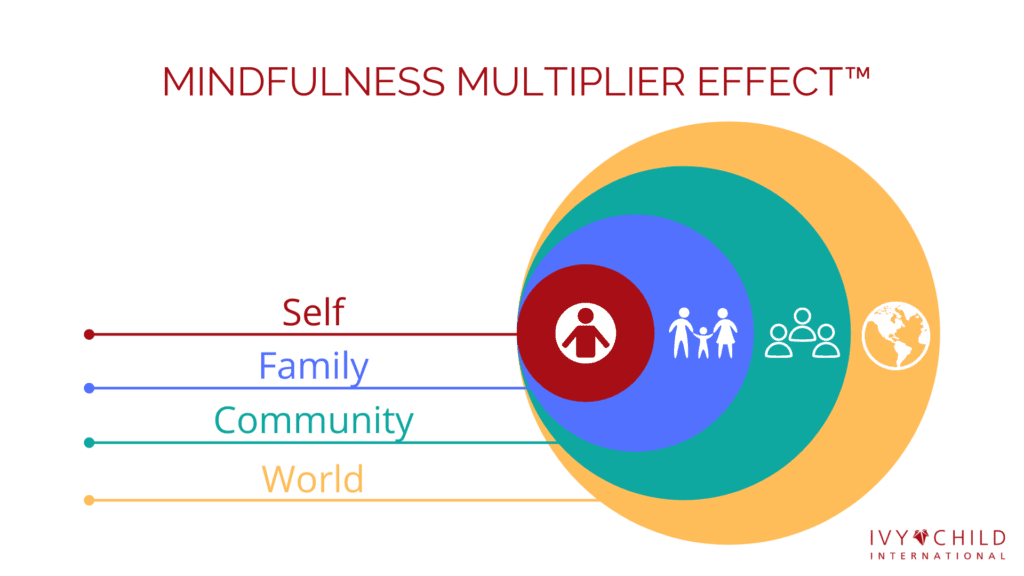 At the heart of Ivy Child’s mission, we believe that when you provide any individual access to learn and practice mindfulness, it not only enhances their direct well-being, it also ripples out to benefit all of those in their outer world (SELF, FAMILY, COMMUNITY, WORLD).
At the heart of Ivy Child’s mission, we believe that when you provide any individual access to learn and practice mindfulness, it not only enhances their direct well-being, it also ripples out to benefit all of those in their outer world (SELF, FAMILY, COMMUNITY, WORLD).
This is Ivy Child International’s Mindfulness Multiplier Effect ™.
The effect you have in the world, the intangible, energetic impact you have on the whole, begins from within you and how you feel, what kind of emotional energy you carry out into the world and spread around, so to speak. The specific emotions don’t matter, although it very much makes a difference whether the emotions you’re allowing to influence your contribution are positive or negative.
It all begins with you, from within. That’s where your ripples originate, and that’s the only source of ripples that you have influence or control over. You hold a vast power within you, the power to influence your experience intentionally, and all you have to do to embrace this power is decide to.
Mindfulness Practiced by the World
If you look at any culture throughout history, you’ll find that their traditions include some form of meditation or mindfulness practice.
Day 1: Norway – Friluftsliv
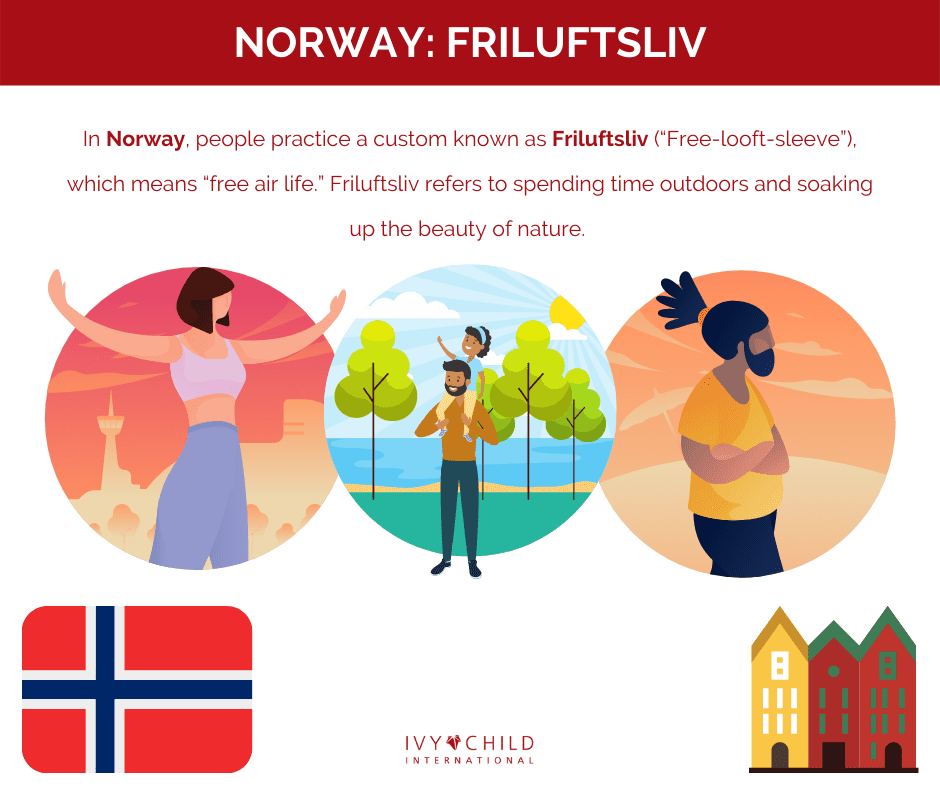 In Norway, people practice a custom known as Friluftsliv (“Free-looft-sleeve”), which means “free air life”. Friluftsliv refers to spending time outdoors and soaking up the beauty of nature.
In Norway, people practice a custom known as Friluftsliv (“Free-looft-sleeve”), which means “free air life”. Friluftsliv refers to spending time outdoors and soaking up the beauty of nature.Day 2: Turkey – Keyif
 In Turkey, people value the experience of Keyif (“kay-eef”). This is the art of quiet relaxation and living in the moment.
In Turkey, people value the experience of Keyif (“kay-eef”). This is the art of quiet relaxation and living in the moment.
The great thing about this practice is that you don’t have to go out into nature to do it. Just find a few minutes of quiet time in your day to relax, engage with your surroundings, and appreciate being present in the moment.
These are usually simple activities. Sitting on a bench by the Bosphorous watching the sunset, throwing simit to sea gulls from the back of a ferry, drinking raki and eating mezes with your friends, watching the bosphorous from a hill, listening to gypsy musicians on the street and so on.
You would see many people in Istanbul not doing much, seemingly idle, they might be at that point enjoying the keyif of living in Istanbul. Food, drink, friends, views, the Bosphorous are all important elements of Keyif in istanbul.
Day 3: Germany – Gemütlichkeit
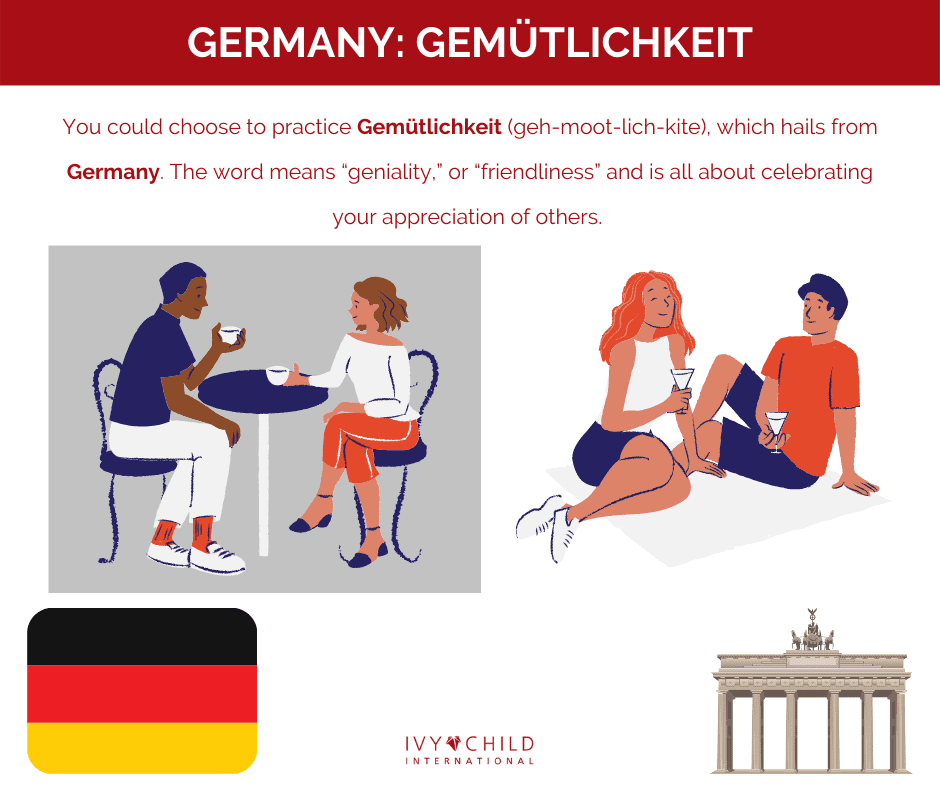 You could choose to practice Gemütlichkeit (geh-moot-lich-kite), which hails from Germany. The word means “geniality,” or “friendliness” and is all about celebrating your appreciation of others.
You could choose to practice Gemütlichkeit (geh-moot-lich-kite), which hails from Germany. The word means “geniality,” or “friendliness” and is all about celebrating your appreciation of others.Day 4: Japan – “Shirin-Yoku”
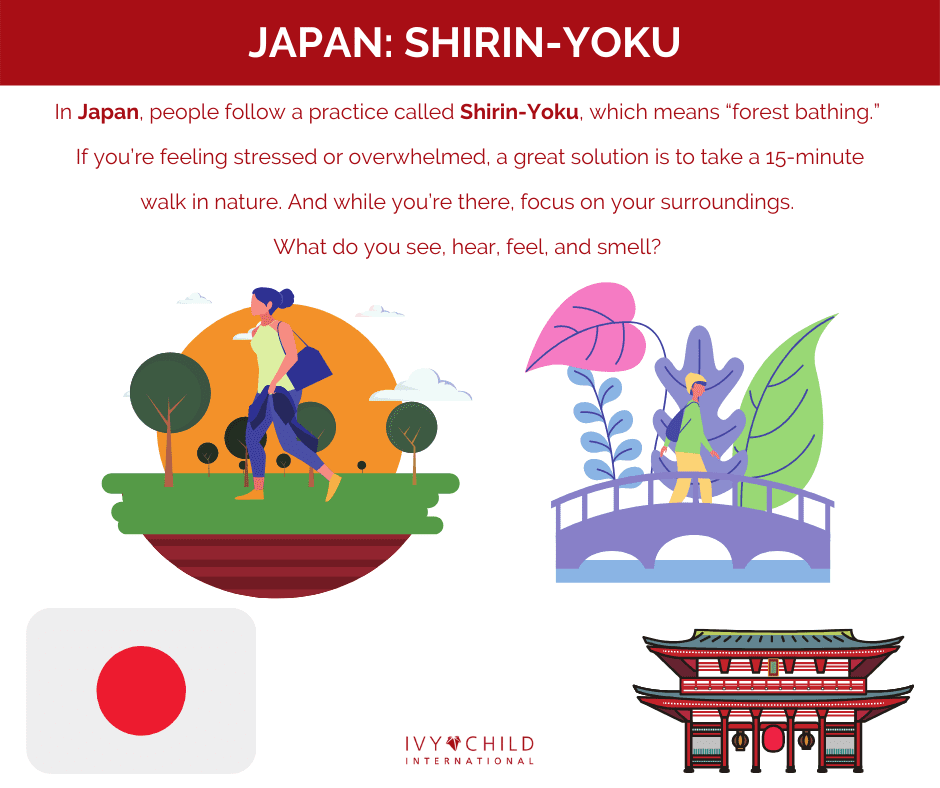 In Japan, people follow a practice called Shirin-Yoku, which means “forest bathing.”
In Japan, people follow a practice called Shirin-Yoku, which means “forest bathing.”Day 5: Tibet – Metta Meditation
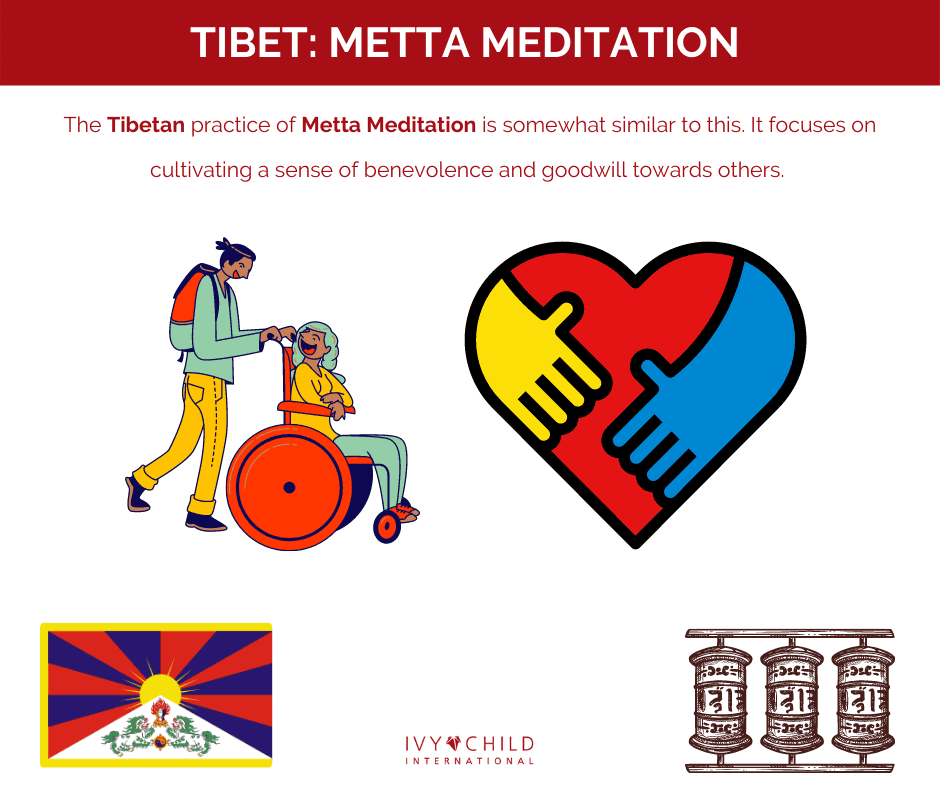 The Tibetan practice of Metta meditation is somewhat similar to this. It focuses on cultivating a sense of benevolence and goodwill towards others.
The Tibetan practice of Metta meditation is somewhat similar to this. It focuses on cultivating a sense of benevolence and goodwill towards others.
To do this practice one sits in a comfortable posture, evokes a prayerful attitude and then thinks of oneself and wishes oneself well. Then one thinks of a cherished person, a neutral person, a disliked person and finally all people and likewise wishes them well in turn.
Done with sensitivity and over a period of time, loving kindness meditation gradually develops a deeper self-acceptance, a strengthened appreciation of those one already loves, a warm and growing interest in casual acquaintances and less ill-will towards those one previously did not like.
Benefits
A regular metta meditation practice can be beneficial for both your mind and body.
- Promotes self-compassion
- Decreases stress and anxiety
- Reduces physical pain
- Improves longevity
- Enhances social connections
Day 6: Hawaii: Ho’oponopono
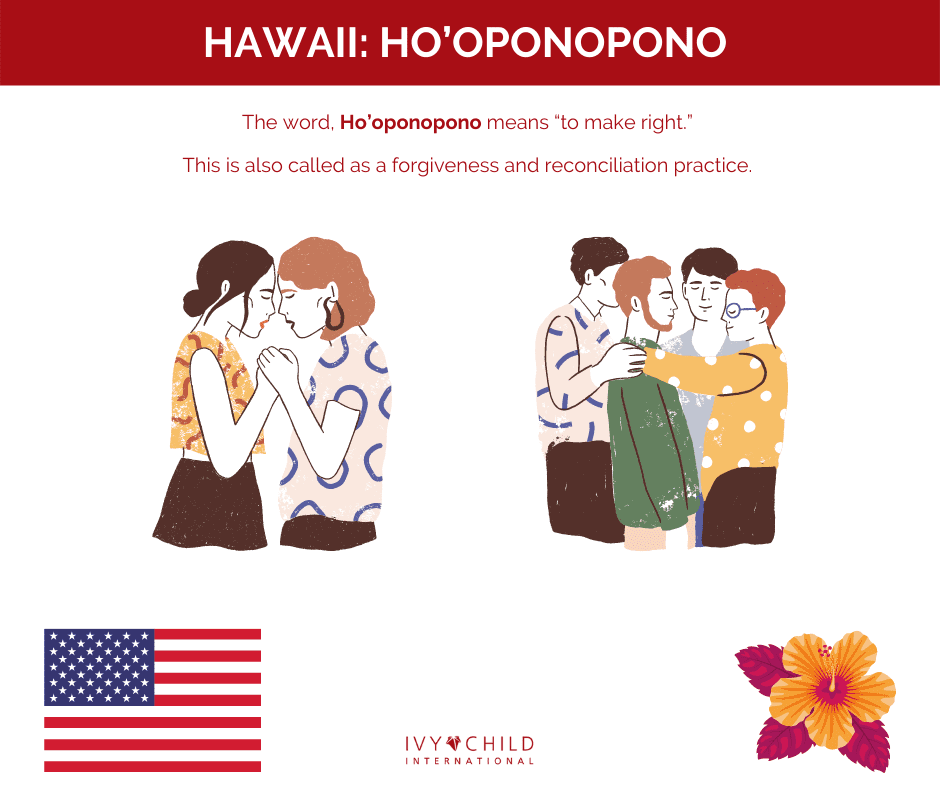 This is also called as a forgiveness and reconciliation practice. The word, Ho’oponopono means “to make right.” At the surface level, it’s about reciting the mantra, “I’m sorry, please forgive me, thank you, I love you.” This ancient Hawaiian practice of forgiveness functions as both a communication concept for reconciliation and a tool for restoring self-love and balance.
This is also called as a forgiveness and reconciliation practice. The word, Ho’oponopono means “to make right.” At the surface level, it’s about reciting the mantra, “I’m sorry, please forgive me, thank you, I love you.” This ancient Hawaiian practice of forgiveness functions as both a communication concept for reconciliation and a tool for restoring self-love and balance.
